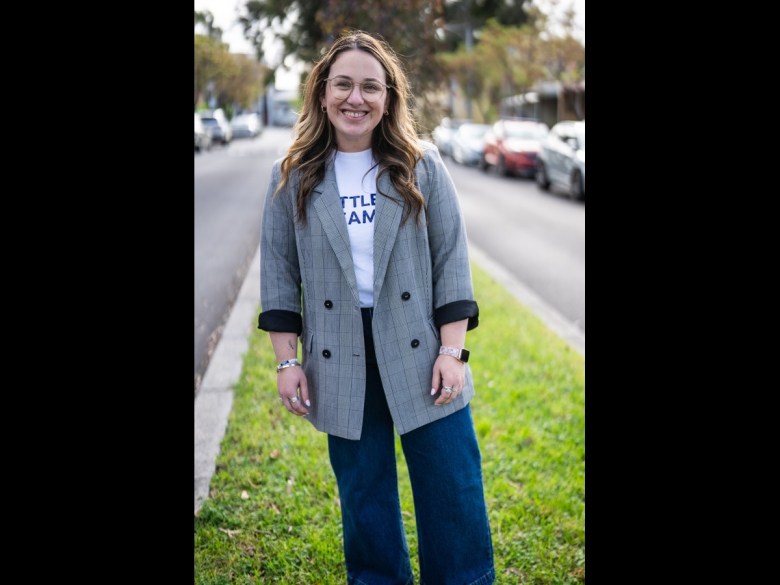A not-for-profit leader is pouring her passion and lived experience into research that aims to improve the lives of young carers.
Madeleine Buchner is the founder and CEO of Little Dreamers, a not for profit that aims to improve the quality of life of young carers through respite, education and mental health and wellbeing programs.
Buchner grew up as a young carer herself, primarily for her younger brother who had a range of chronic health conditions. She has also been a carer for her parents and grandparents. Her lived experience informs her approach to her work – and her latest project.
She was recently awarded a Churchill Fellowship, to support an investigation into best practice policy that will improve the quality of life of young carers in Australia.
As part of this, she’ll be investigating what’s being done for young carers elsewhere in the world, with research trips planned to the UK and the US.
While in the US, Buchner will be based at the University of North Carolina alongside one of the leading researchers in the US, Professor Elizabeth Olson.
“I’ll be working with her around understand what it looks like to develop young carer support in a market where there really is no, or very little, young carer support at the moment, and how you do that on a national level… in an area or in a country where care and carers are a very politicised issue,” Buchner said.
She’ll compare her findings from the US with those from the UK, which she said is considered “best practice” in young carer support. Over there she will work with world-renowned social scientist Saul Becker, learning from his research and engagement methods.
She will then bring her new-found knowledge back to Australia and apply it to our context to create world-leading support for young Australian carers.
The research will augment her lived experience as she puts the pieces together.
“I think I’m very lucky that I’ve had experience caring for multiple people in my family. It’s very different caring and supporting for a brother versus a grandparent versus a parent. And I am lucky that I have that different lived experience but also surround myself with people who have lived and living experience every day at Little Dreamers,” she said.
Buchner hopes that through her work, she’ll be able to help “create a society in Australia where young carers are fully recognised for the role that they play in their family, where there is enough research so that we can understand the real and long-term impacts of being a young carer… where we can then implement different structures and supports in society that really do change their life trajectory.”
This is crucial, because just four per cent of primary young carers – those who are the sole carer in their family – graduate from high school in Australia, according to Buchner.
“We also know that 50 per cent of young carers and their families live below the poverty line here. We know that two out of three young carers have a mental illness of their own. We also know that over 50 per cent of young people providing care have a diagnosis of disability too,” she said.
Young carers also face high rates of bullying, low superannuation, under and unemployment, and can engage in risk-taking behaviours, all of which can negatively impact on their wellbeing.
With the backing of the Churchill Trust, Buchner hopes her research will achieve tangible outcomes for young carers like herself.
“I’m so excited that an organisation like the Churchill Trust not only has seen the benefit in supporting young carers and recognising young carers, but it’s such an honour to have them recognise… the role that Little Dreamers [plays]… I think that this will strengthen it and further strengthen the work that we can do in Australia,” she said.
Photo: Madeleine Buchner

